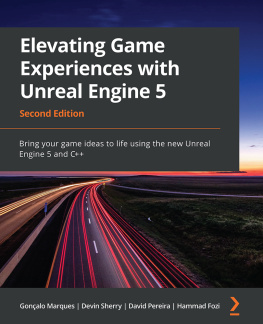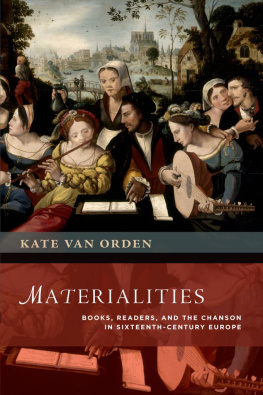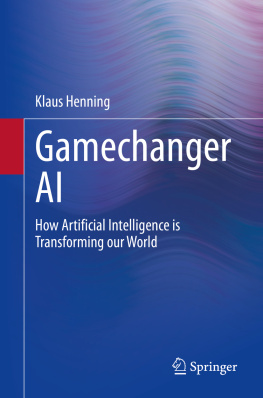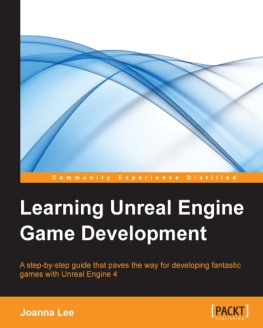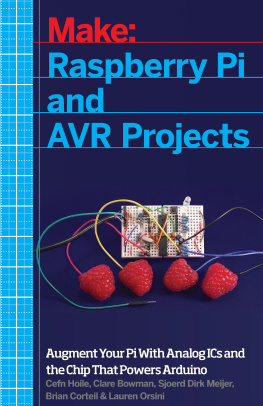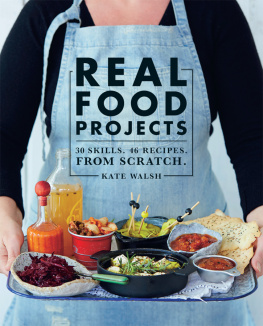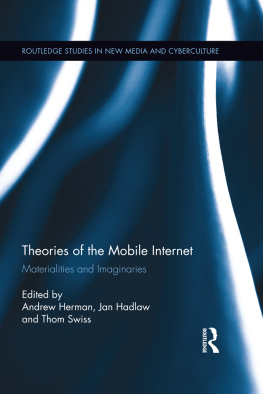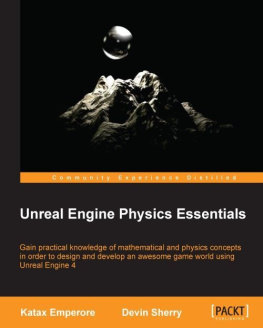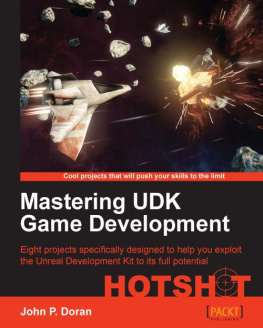Unreal Objects
Digital Barricades:
Interventions in Digital Culture and Politics
Series Editors:
Professor Jodi Dean, Hobart and William Smith Colleges
Dr Joss Hands, Anglia Ruskin University
Professor Tim Jordan, University of Sussex
Also available:
Cyber-Proletariat:
Global Labour in the Digital Vortex
Nick Dyer-Witheford
Information Politics:
Liberation and Exploitation in the Digital Society
Tim Jordan
Unreal Objects
Digital Materialities, Technoscientific
Projects and Political Realities
Kate ORiordan
First published 2017 by Pluto Press
345 Archway Road, London N6 5AA
www.plutobooks.com
Copyright Kate ORiordan 2017
The right of Kate ORiordan to be identified as the author of this work has been asserted by her in accordance with the Copyright, Designs and Patents Act 1988.
British Library Cataloguing in Publication Data
A catalogue record for this book is available from the British Library
ISBN 978 0 7453 3678 7 Hardback
ISBN 978 0 7453 3674 9 Paperback
ISBN 978 1 7868 0056 5 PDF eBook
ISBN 978 1 7868 0058 9 Kindle eBook
ISBN 978 1 7868 0057 2 EPUB eBook
This book is printed on paper suitable for recycling and made from fully managed and sustained forest sources. Logging, pulping and manufacturing processes are expected to conform to the environmental standards of the country of origin.
Typeset by Stanford DTP Services, Northampton, England
Simultaneously printed in the United Kingdom and United States of America
Contents
Acknowledgements
This book partly comes out of my experiences of a technology assessment project called EPINET, conducted between 2012 and 2015. That research received funding from the European Communitys Seventh Framework Programme (FP7/20072013) under grant agreement number 288971 (EPINET). Many of the people involved in the research consortium have had a formative influence on this book. In some cases where Ive published on particular case studies with them, they enter into the writing. Specific acknowledgment and thanks goes to Dr Aristea Fotopoulou, with whom I co-authored work on biosensors, and some of her writing has undoubtedly made it on to the page in .
During the same period Ive been in an extended conversation with Professor Caroline Bassett and Professor Sarah Kember, along with whom my thinking about unreal objects has developed. They have commented on and encouraged earlier iterations of unreal objects, and presentations and writing around this topic. I also have to thank the Canadian Communication Association for inviting me to be their keynote speaker in 2015 during the development of this book. Having the time to give a longer talk was a luxury, and being pushed to make it work for an international audience helped me to bring these materials together. The feedback and discussions at the CCA conference were supportive and critical and helped me in my thinking. I really appreciated the opportunity to share this work in that community.
The book is also the product of earlier projects with Professor Maureen McNeil, Dr Joan Haran and Professor Jenny Kitzinger. It is a while since we worked on human cloning together, but the framework of thinking about how science is made in the media was formed in that work. Maureen and Joan have continued to encourage and support me since.
Dr Joan Haran has been a writing partner and source of support and friendship for the last decade, and she read and responded to multiple drafts of this book. Without her input I would not have got this to the point of publication and I have been continually inspired by her scholarship and thinking about feminism and science fiction as well as her friendship.
The book manuscript was completed during a period of leave from the University of Sussex and supported by the editors of this book series. Particular thanks go to Professor Tim Jordan who both authorized the leave and is one of the editors.
Also at Sussex, members of the Sussex Humanities Lab (directed by Professor Caroline Bassett) and affiliates, including Professor Sally Jane Norman, Kate Braybrooke, Stephen Fortune, Irene Fubara-Manuel, and participants in the Sussex-UCSC digital exchange, including Emile Devereaux, David Harris, Mary Agnes Krell, Gene Felice II and Professors Jennifer Parker and Sharon Daniel are all due acknowledgement and thanks for helping me think about biosensors and art and science, as well as being great people to work and play with. Stephen Fortunes work on the Quantified Self has also been influential in my thinking, especially about big data metaphors and the question of agency and driving when it comes to data.
Professor Jenny Reardon at UCSC has been influential in shaping some of my thinking through discussions about this material, especially genomics, but also about storytelling and meaning making. Her support over the years and recent inspirations from bandit biking in the last months of writing this draft have also helped me immeasurably.
Finally, much thanks and appreciation go to my family and friends who have put up with book angst for so long.
Series Preface
Crisis and conflict open up opportunities for liberation. In the early twenty-first century, these moments are marked by struggles enacted over and across the boundaries of the virtual, the digital, the actual and the real. Digital cultures and politics connect people even as they simultaneously place them under surveillance and allow their lives to be mined for advertising. This series aims to intervene in such cultural and political conjunctures. It will feature critical explorations of the new terrains and practices of resistance, producing critical and informed explorations of the possibilities for revolt and liberation.
Emerging research on digital cultures and politics investigates the effects of the widespread digitization of increasing numbers of cultural objects, the new channels of communication swirling around us and the changing means of producing, remixing and distributing digital objects. This research tends to oscillate between agendas of hope, that make remarkable claims for increased participation, and agendas of fear, that assume expanded repression and commodification. To avoid the opposites of hope and fear, the books in this series aggregate around the idea of the barricade. As sources of enclosure as well as defences for liberated space, barricades are erected where struggles are fierce and the stakes are high. They are necessarily partisan divides, different politicizations and deployments of a common surface. In this sense, new media objects, their networked circuits and settings, as well as their material, informational and biological carriers all act as digital barricades.
Jodi Dean, Joss Hands and Tim Jordan
1
Introduction: Problems With Objects
Unreal Objects as a title might seem like a contradiction. That is the point. This is a book about contradictory and competing realities. The world is full of technological objects that are naturalized and taken as a given. Accepting these objects in their own terms means that responding reactively to them is one of the only positions available. Objects orientate people, knowledge and worlds. The point of the book, then, is to disorientate some of these objects and look at ways of taking them in different terms. There is an imperative to look at the world and its phenomena in terms of objects, and to disavow other ways of knowing by prioritizing some objects over others. This appears in particular kinds of materialist thinking such as object orientated philosophy and accelerationism (Bogost 2006, 2012; Morton 2013; Williams and Srnicek 2013). Im going to refer to this as object materialism. Materialism itself is not the issue at stake here multiple kinds of material thinking contribute to knowing and intervening in the world. Feminist materialism, historical materialism, science studies and ecological materialisms are also influential in taking things seriously as both material and representational. However, a particular kind of insistence on the object, in both the claims of technoscience and directions in academic and political thinking, are part of a problem to be addressed here. The way that object materialisms in the world of theory seem to mirror the claims of technoscience is striking; both insist on taking particular technological objects as a given, in their own terms. The book works to bring back a sense of objects as things in the making, mediated, unstable, not quite given, constantly deferred, and as part of the problem of always positing science and technology as the answer.



